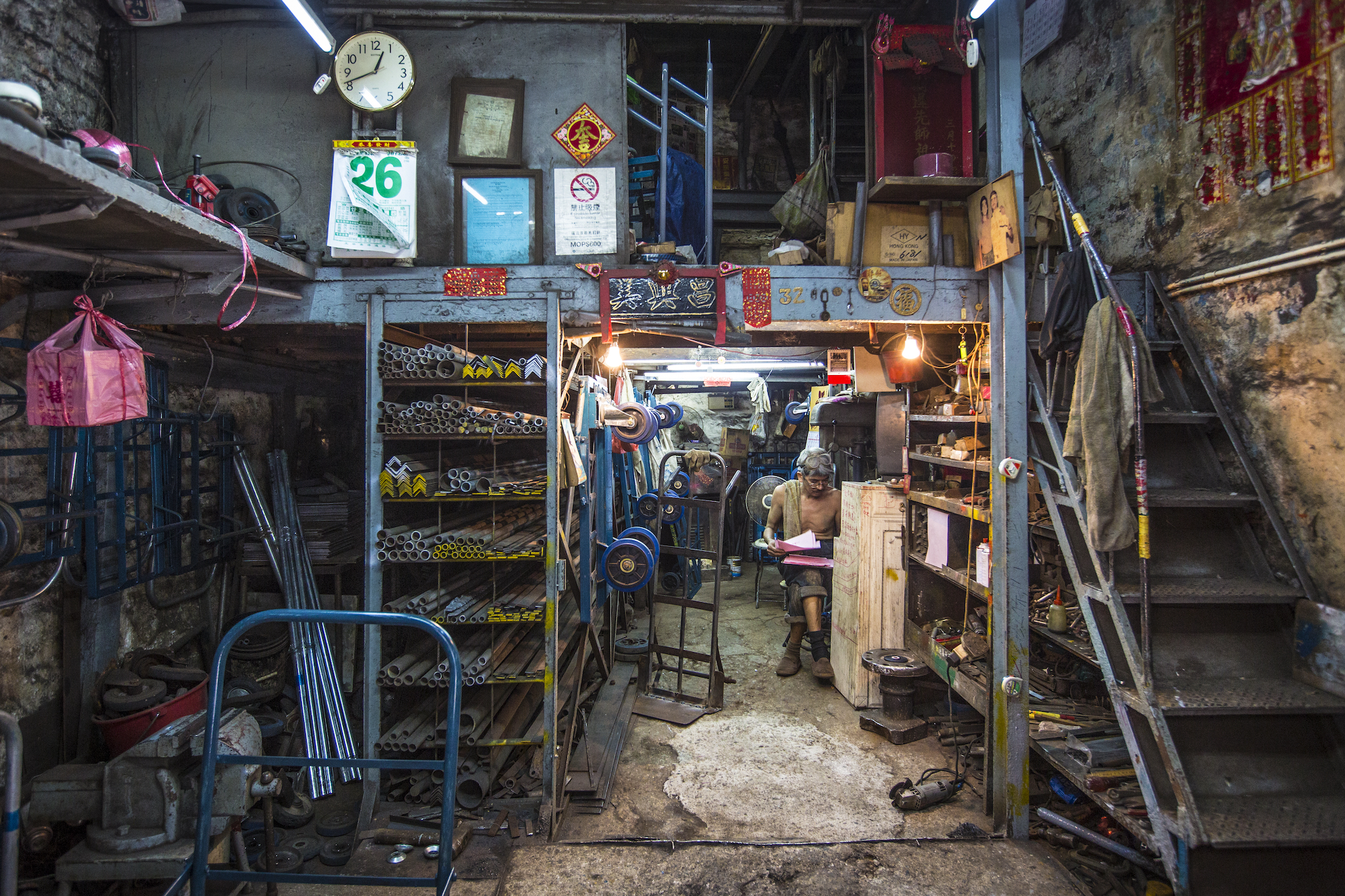The Macao government has come under fire in a United Nations report for the paucity of protection given to labourers and migrant workers, according to the Portuguese news agency Lusa.
In a report, the UN Committee on Economic, Social and Cultural Rights said it was “concerned about the considerable proportion of workers in the informal economy, such as low-skilled workers in service industries associated with gambling, and the fact that workers are not adequately covered by labour and social protection laws.”
The report examined compliance with the International Covenant on Economic, Social and Cultural Rights in mainland China, Macao and Hong Kong.
It highlighted the “exploitative conditions” faced by migrant workers, “such as recruitment fees, passport withholding, and debt-based coercion,” and noted that “domestic workers are excluded from minimum wage protection.”
[See more: Meet the women fighting for a better deal for their fellow domestic helpers]
According to Lusa, the UN committee condemned the local government’s failure to pass legislation affirming the freedom to form trade unions and strike, even though the Basic Law guaranteed the right to industrial action.
The report drew special attention to the “substantial number of migrant workers (classified as non-resident workers), particularly migrant domestic workers, being employed without formal contracts and therefore excluded from the social security system, and that a number of employers withhold mandatory contributions to the social security system.”
In a response quoted by Lusa, the Macao government said that the assertion that was “no concrete legislation to protect workers from reprisals resulting from participation in strikes is not true.”
It stressed that, in relation to collective bargaining, “society has not yet reached consensus on this matter, and the legislation in force also does not prevent the labour and employer parties from communicating and negotiating on working conditions and the protection of rights and interests.”






